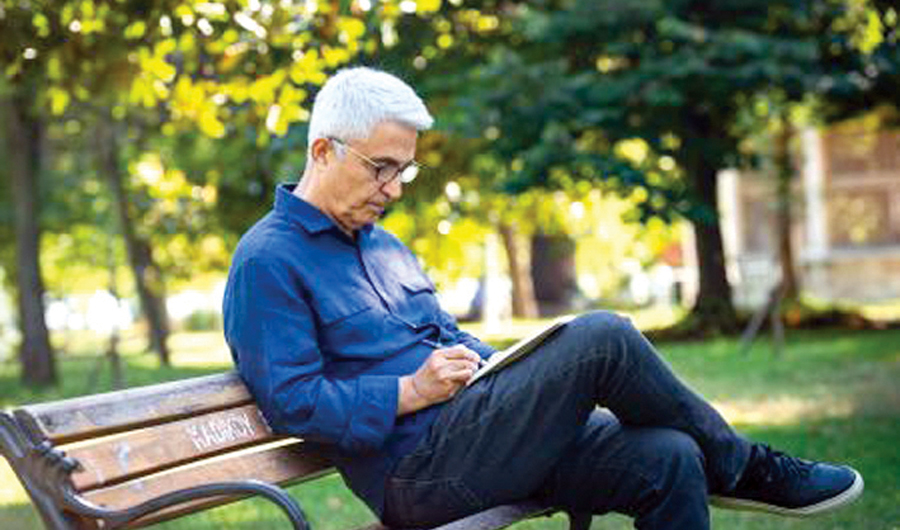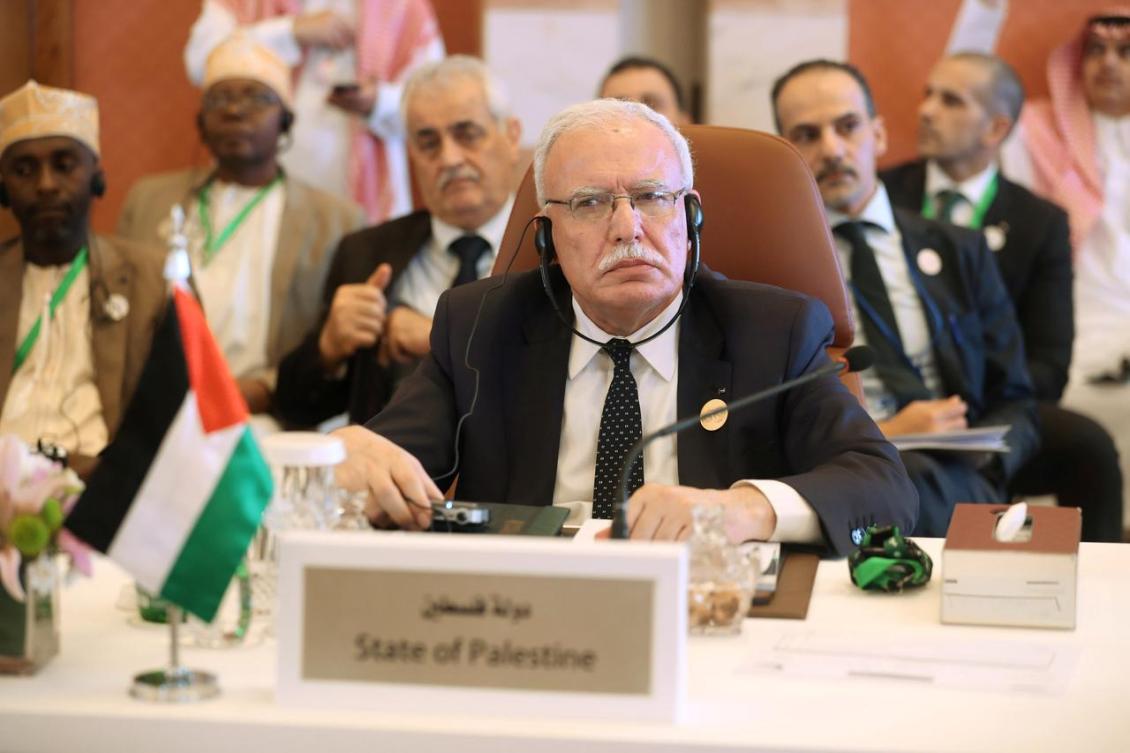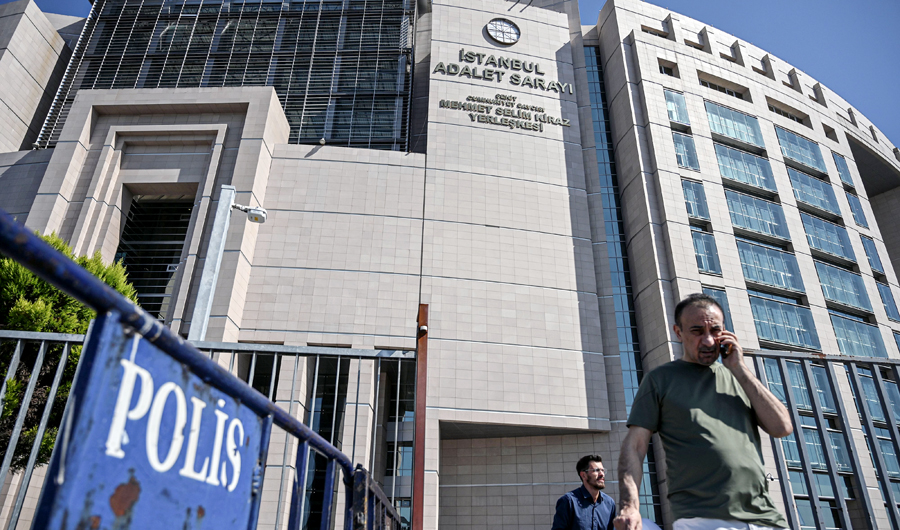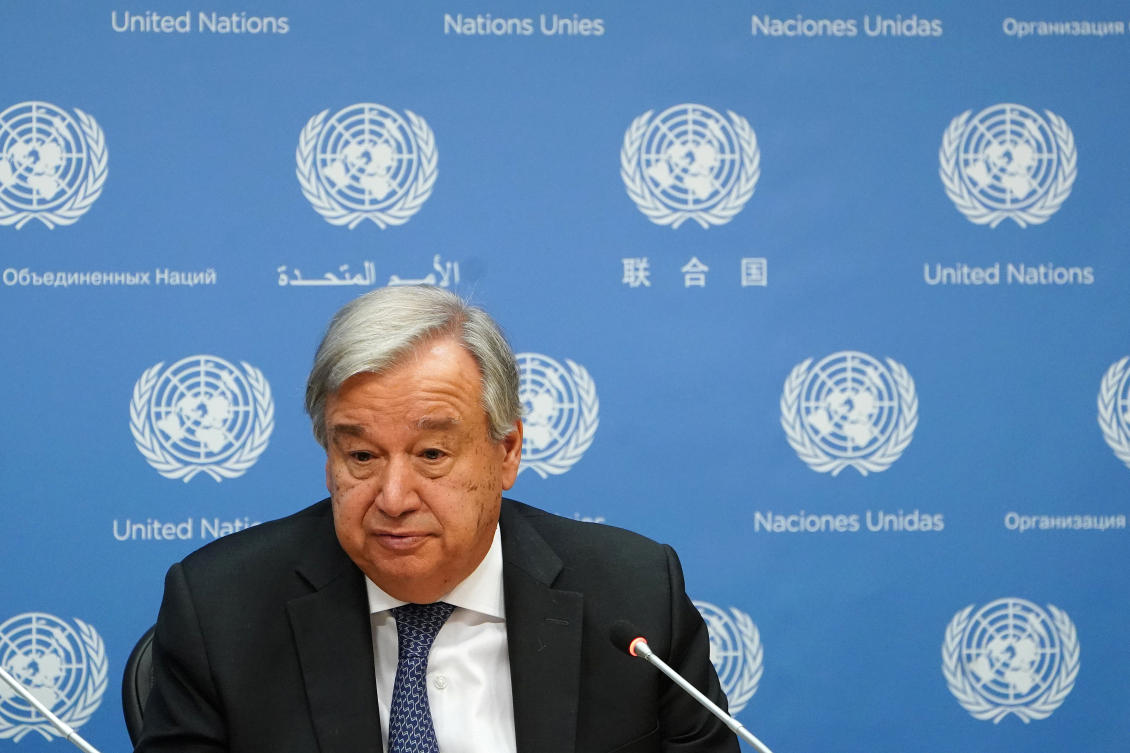Prison becomes ‘second home’ for Turkish cartoonist
ISTANBUL: Renowned Turkish cartoonist Musa Kart says he has spent as much time in prison and courthouses as he has at work since President Recep Tayyip Erdogan came to power.
His latest stint in jail started in April, after an appeals court upheld his sentence of three years and nine months for “helping terrorist organizations.”
Released last week pending another appeal, Kart told AFP: “For 15 years, prisons and courthouses have become a second home to me.”
Kart, who was recognized last year by the Swiss Foundation Cartooning for Peace, was among 14 journalists and staff from the renowned opposition paper Cumhuriyet convicted in the case.
He was initially arrested in 2016 after Erdogan launched a major crackdown on opponents in the wake of a failed coup.
“I have spent almost the same amount of time in court corridors as I spent in the paper. It is very unfortunate,” he told AFP.
Unfailingly optimistic and modest, Kart refuses to be run down by his ordeals, and says he always made an effort to look his best for prison visitors.
“I never welcomed my visitors in a hopeless state,” he said. “I would shave, pick my cleanest shirt from my modest wardrobe and welcome them with open arms. We would spend our time telling jokes.” His morale was boosted by the knowledge he had done nothing wrong.
“If you believe that your position is right, if you have an inner peace about your past actions, then it is not that difficult to stand prison conditions,” he said. Kart has been in and out of trouble since Erdogan took power in 2003.
His first lawsuit came in 2005 over a cartoon portraying Erdogan, then prime minister, as a cat entangled in a ball of wool.
“I have drawn cartoons for over 40 years … I did it in the past with other political leaders, but I was never the subject of a court case,” Kart said.
“The frame of tolerance has seriously narrowed today.”
The current case against him claims he contacted members of the Gulen movement accused of orchestrating the failed coup in 2016.
It also says the 14 Cumhuriyet staffers had conspired to change the paper’s editorial policy to support the Gulenists, as well as Kurdish rebels and the ultra-left Revolutionary People’s Liberation Party-Front.
“Today the accusations of terrorism have gone well beyond a realistic point,” Kart said.
“When you take a look at my cartoons, you see how much I am against any kind of terrorist organization and how seriously and strongly I criticize them.”
Rights advocates including the Reporters Without Borders have called on Turkey to revise its anti-terrorism and defamation laws, which they claim are abused to silence opponents.
Cumhuriyet — Turkey’s oldest daily founded in 1924 — is not owned by a business tycoon but by an independent foundation, making it an easier target for authorities.
The paper’s former editor-in-chief Can Dundar fled to Germany after being convicted in 2016 over an article alleging that Turkey had supplied weapons to Islamist groups in Syria.
It has its own internal problems, too — Kart and some of the others actually quit the paper last year over disagreements with the new management.
But the case has added to the chilling effect that has infected the whole of the media in Turkey, which has the highest number of imprisoned journalists in the world.
No date has been set for the next appeal, and Kart has no idea how the saga will end.
“Everyone knows that there has been a political shadow hanging over our case,” he said.
Whatever happens, he said his focus would remain on drawing.
“Cartoons are really a very strong language because you can find a way to express yourself under any circumstances, even under pressure.”

Turkey accuses US of stalling on Syria ‘safe zone’ plansTurkey orders arrest of 223 military personnel over suspected Gulen links: state media



